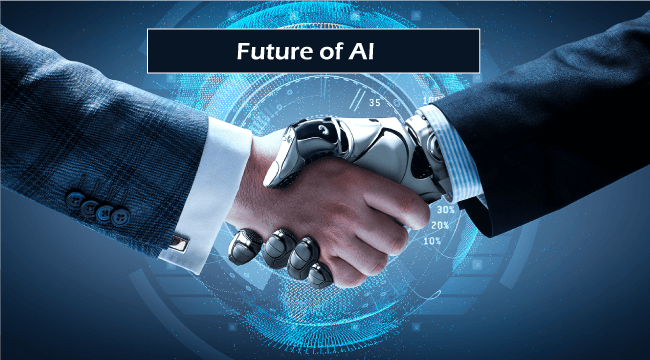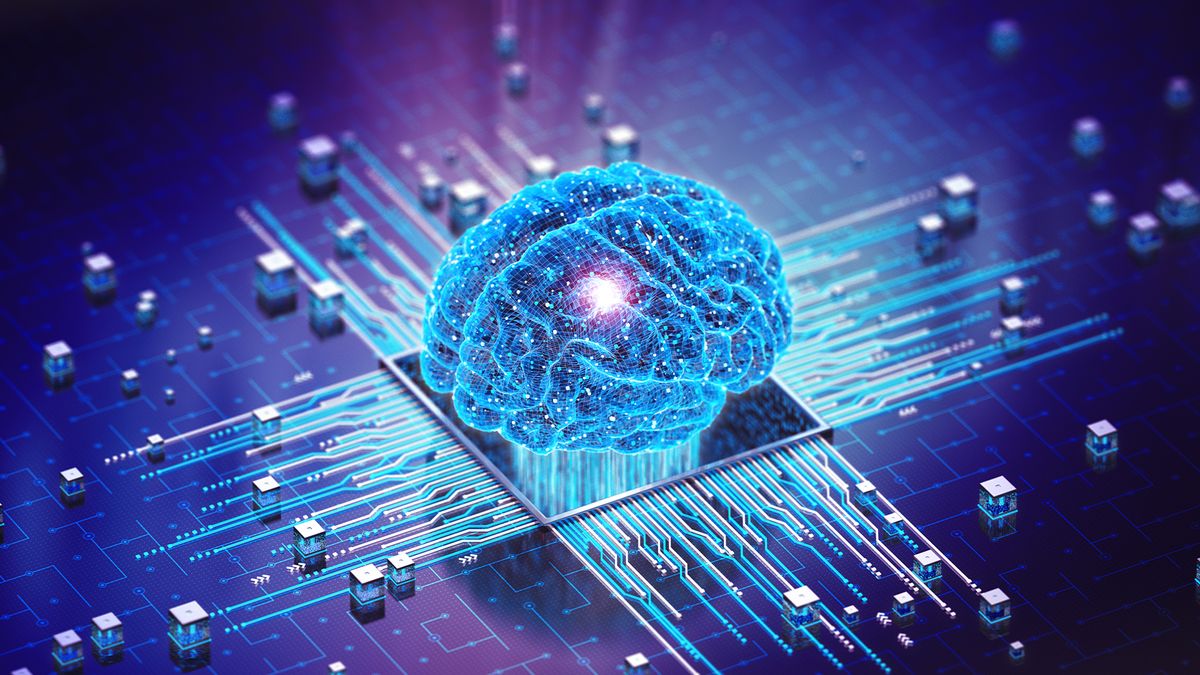
Revolutionizing AI Assistants: Astonishing Advances and Deep Ethical Dilemmas
The Future of AI Personal Assistants: Innovations, Predictions, and Challenges
As artificial intelligence (AI) continues to evolve, the future of AI personal assistants holds remarkable potential and raises intriguing questions. From current assistants like Siri and Alexa to advanced prototypes, these digital helpers are set to transform our interaction with technology. Will they evolve to mirror the sophistication of fictional AI like JARVIS and FRIDAY from the Marvel Universe? Here’s an exploration of their potential developments, the challenges they face, and critical questions about their future impact.
Current Trends and Future Innovations
1. Enhanced Understanding and Context Awareness
- Current State: Today’s AI assistants handle basic commands and queries using machine learning and data processing.
- Future Prospects: Advancements in natural language processing and contextual understanding could allow these assistants to interpret complex human emotions and contexts more accurately, leading to interactions that feel more intuitive and personalized. For instance, Google Assistant is continually improving its ability to understand context and follow multi-step conversations.
2. Emotional Intelligence and Empathy
- Current State: Modern AI simulates empathy through pre-programmed responses and sentiment analysis.
- Future Prospects: Future AI might more accurately recognize and respond to emotional cues, offering support in a more human-like manner. Companies like Affectiva are already working on emotion AI that can read facial expressions and vocal tones to gauge emotional states.
3. Autonomous Decision-Making
- Current State: AI assistants perform predefined tasks and offer recommendations based on user data.
- Future Prospects: More advanced AI could manage complex tasks and make personalized recommendations autonomously. For example, AI-driven systems in smart homes are evolving to control multiple devices based on user behavior and preferences.
4. Personalization and Adaptability
- Current State: AI provides a degree of personalization based on user interactions.
- Future Prospects: AI could offer even more tailored experiences by learning from user behavior over time. This might include adapting its tone and responses based on the user’s mood, much like how IBM’s Watson Personal Assistant aims to tailor interactions based on individual preferences.
Challenges and Considerations
1. Technical Limitations
- Developing AI with genuine emotional understanding involves complex algorithms and extensive data, which presents significant challenges. For instance, creating AI that can understand nuanced emotions like joy or frustration is still a work in progress.
2. Ethical Implications
- Authenticity: The simulation of human emotions by AI raises concerns about whether these simulations can mislead users into believing AI has genuine emotional depth. This issue is highlighted by debates over the ethical use of AI in customer service and therapy.
- Dependence: Increased emotional engagement with AI might lead to over-reliance, affecting human relationships and mental well-being.
3. Privacy and Security
- Data Risks: As AI handles more personal data, there is an increased risk of privacy breaches. Companies must ensure robust security measures and transparent privacy policies to protect user information.
4. Impact on Human Intelligence and Job Security
- Employment: AI could influence job security in roles involving routine tasks but may also create opportunities for new roles and enhance human creativity. For example, AI in creative fields like graphic design and writing is becoming more common, leading to both job displacement and new job creation.

Questions and Predictions
1. Will AI Personal Assistants Develop Genuine Emotional Understanding?
- Prediction: While future AI may convincingly simulate emotional responses, true emotional understanding remains debatable. Technologies like emotion AI from Affectiva show progress but are not yet fully capable of replicating human emotional experiences.
2. Could AI Personal Assistants Pose a Threat to Privacy and Security?
- Prediction: Advanced AI could increase privacy risks, making strong security measures and data protection essential. The recent data breach involving AI systems underscores the importance of robust cybersecurity.
3. Will AI Assistants Impact Human Relationships and Social Interactions?
- Prediction: Enhanced interaction with AI might alter human relationships. Ensuring a balance between virtual and real-world interactions will be important to maintain healthy social connections.
4. How Can We Ensure AI Assistants Remain Beneficial to Society?
- Prediction: To maximize benefits, focus on user-centric design, transparency, and ethical guidelines is crucial. Collaboration among developers, policymakers, and ethicists will help ensure AI technologies enhance human well-being and uphold societal values.

Fictional and Real-Life Examples
1. JARVIS and FRIDAY from Marvel Universe
- JARVIS: Tony Stark’s AI assistant in the Marvel Universe, known for its advanced capabilities and personalized interactions.
- FRIDAY: An evolution of JARVIS, showcasing the potential for AI to adapt and provide more nuanced support.
2. Real-Life Examples
- Siri and Alexa: Everyday examples of AI assistants handling tasks and providing information. Their evolving capabilities reflect ongoing advancements in AI.
- IBM Watson: Known for its sophisticated natural language processing and personalization features, Watson represents the potential for AI to provide tailored user experiences.
In conclusion, the future of AI personal assistants promises to be transformative, with advancements in emotional intelligence, personalization, and decision-making capabilities. While challenges and ethical considerations must be addressed, the potential benefits of these technologies are vast. By navigating these developments thoughtfully, we can ensure that AI personal assistants enhance our lives and remain supportive allies in our technological journey.
























Post Comment